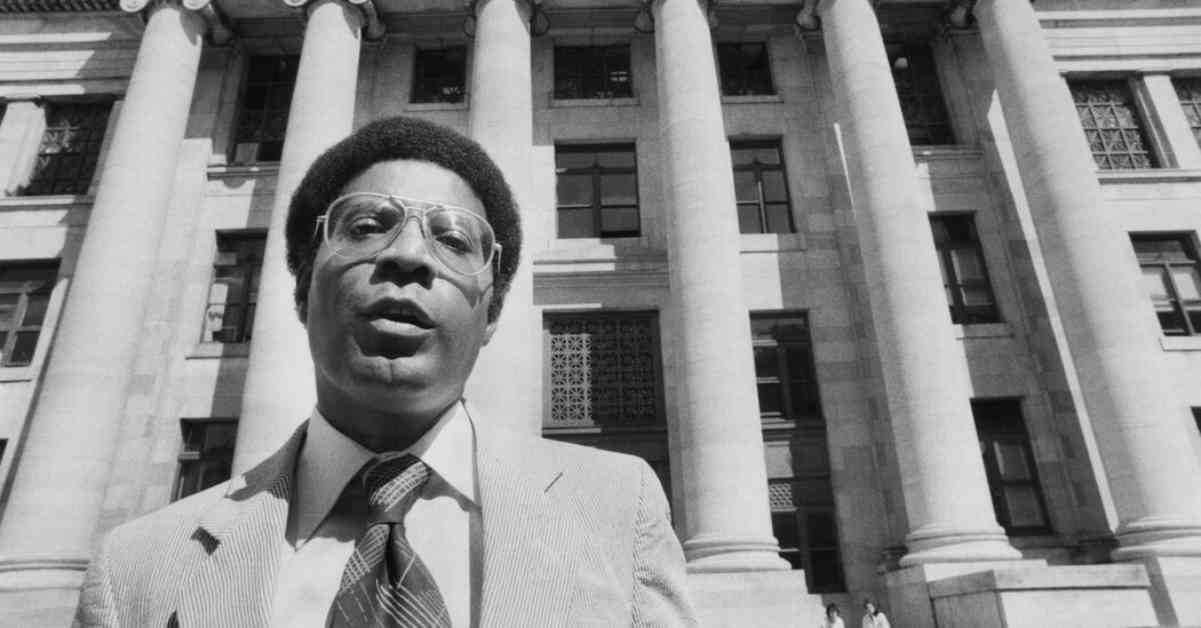Alvin F. Poussaint: A Remarkable Legacy in Black Mental Health
Alvin F. Poussaint, a revered psychiatrist and influential figure in the realm of Black mental health, passed away at the age of 90 in his Chestnut Hill, Mass. home. Dr. Poussaint’s impactful journey began in the 1960s, where he provided medical assistance to the civil rights movement in Mississippi, setting the stage for his later pivotal role in shaping dialogues surrounding Black culture and politics in the 1980s and ’90s.
Dr. Poussaint’s career was predominantly centered at Harvard Medical School, where he served as a professor and associate dean. His emergence into the public eye in the late 1970s marked a critical juncture in the ongoing struggle for racial equality, as the initial fervor of the civil rights movement waned, giving rise to a wave of white backlash and skepticism regarding the prospects of Black advancement in a predominantly white society.
Through his seminal works such as “Why Blacks Kill Blacks” (1972) and “Black Child Care” (1975), Dr. Poussaint navigated the complex terrain of racial discourse, bridging the gap between those who attributed the challenges facing Black America to systemic racism and those who emphasized personal accountability and self-reliance. His ability to articulate these nuanced perspectives in accessible language endeared him to a wide audience and solidified his position as a prominent voice in Black politics and culture.
Influence on Black Mental Health
Dr. Poussaint’s lasting impact on the field of Black mental health stemmed from his unwavering commitment to acknowledging the enduring effects of systemic racism while simultaneously advocating for self-empowerment and traditional family values within the Black community. His research and writings underscored the intricate interplay between societal structures and individual agency, shedding light on the multifaceted nature of mental health disparities among Black Americans.
By urging Black individuals to take ownership of their lives and embrace a sense of personal responsibility, Dr. Poussaint sought to empower his community to transcend the limitations imposed by external forces. His message resonated with many, offering a path towards resilience and self-actualization in the face of adversity.
Legacy and Personal Connections
Beyond his academic contributions, Dr. Poussaint’s legacy extended into the realm of popular culture, where he served as a source of inspiration for prominent figures such as Reverend Jesse Jackson and actor Bill Cosby. His involvement in Reverend Jackson’s 1984 presidential campaign as the Massachusetts co-chairman highlighted his enduring influence in shaping political narratives and mobilizing communities towards collective action.
Moreover, Dr. Poussaint’s portrayal as the model for Dr. Cliff Huxtable on “The Cosby Show” underscored his ability to bridge the gap between academia and mainstream media, further amplifying his message of empowerment and social change. His charismatic presence and intellectual acumen made him a trusted advisor and mentor to many, leaving an indelible mark on generations of activists, scholars, and artists.
In conclusion, Alvin F. Poussaint’s remarkable journey from the frontlines of the civil rights movement to the hallowed halls of academia stands as a testament to his enduring commitment to advancing the mental health and well-being of Black communities. His nuanced approach to addressing the intersection of race, mental health, and social justice continues to inspire and guide future generations in their pursuit of a more equitable and inclusive society.

